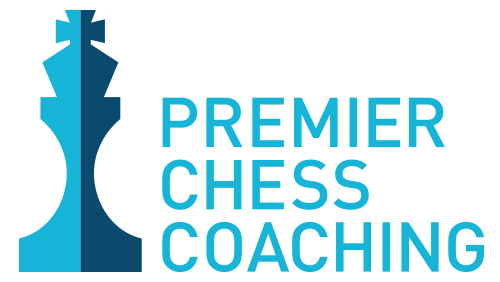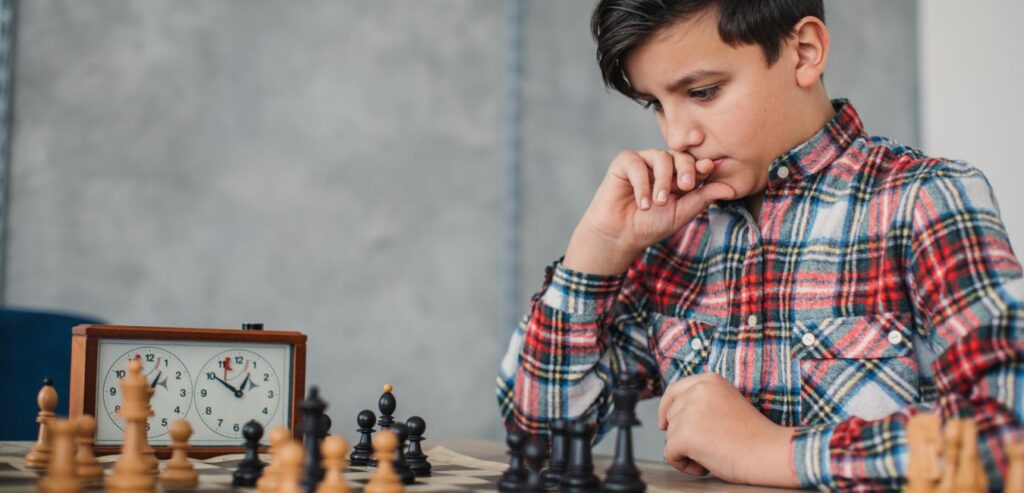In the ever-evolving landscape of education, where preparing students to tackle real-world challenges is paramount, chess emerges as a powerful tool. Beyond its reputation as a game of kings, chess is a great educational ally, quietly reshaping classrooms worldwide. In this article, we venture into the dynamic relationship between chess and the art of problem-solving in education. We’ll delve into how chess nurtures critical thinking, inspires strategic planning, and encourages inventive solutions, equipping students with skills that will reverberate throughout their lives.
Chess: A Playground for Critical Thinking:
At its core, chess is a cerebral sport that demands astute critical thinking. Every move on the board involves evaluating options, anticipating consequences, and making informed choices. Chess players learn to analyze complex situations, identify patterns, and adapt strategies—all fundamental to effective problem-solving.
Developing Strategic Minds:
Chess is a canvas upon which players paint intricate strategies, carefully considering each move’s implications. This strategic thinking extends well beyond the board. In the classroom, students who engage in chess develop a propensity for strategic planning that serves them in various subjects and real-life scenarios.
Encouraging Creative Solutions:
Chess encourages creative problem-solving. Players often find unconventional solutions to seemingly insurmountable challenges. This creative thinking spills into the academic sphere, where students often discover multiple paths to solving a problem, allowing them to explore innovative approaches to complex questions.
Learning from Mistakes:
In chess, errors are part of the learning process. Players review their games to identify mistakes and missed opportunities. This invaluable lesson translates to the classroom, where students learn that mistakes are stepping stones to improvement, not barriers to success.
Building Resilience:
Chess teaches resilience in the face of setbacks. Players experience losses and setbacks but persevere, honing their determination and learning to bounce back stronger. This resilience is a vital attribute for students facing academic challenges.
Conclusion:
Critical thinking, strategic planning, creative problem-solving, and resilience extend far beyond the chessboard; life skills empower students to navigate the intricacies of the world confidently. Chess transcends mere entertainment or sport; it is a potent instrument for cultivating future problem-solvers and trailblazers. It nurtures a generation prepared to confront the world’s challenges with unwavering confidence and resilience.
If you’re eager to explore how chess can enrich your child’s journey to success, or if you’re an educator enthusiastic about initiating a chess club in your school, don’t hesitate to contact us.


